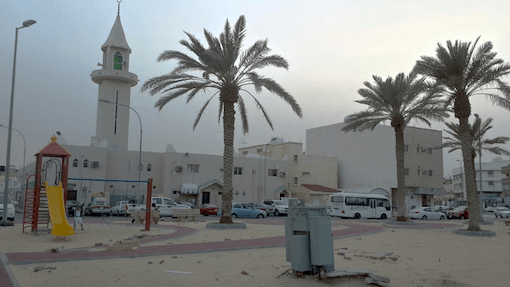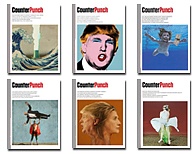Cracks in the Kingdom: Saudi Arabia Rocked by Financial Strains

Photo by Black Zero | CC BY 2.0
Hundreds of foreign hospital workers in Saudi Arabia, unpaid for seven months, were on strike this week and were blocking a highway in Eastern Province in defiance of the ban on strikes and demonstrations in the Kingdom. The employees’ anger was deepened by the belief that the very same employer who has been holding back their salaries regularly offers massive fees to international singers who perform at his parties.
Things are not well in Saudi Arabia and this week there were two pieces of bad news. Hitherto, there have been protests like this by foreign employees suffering from the knock-on effects of cuts in state expenditure following the drop in the oil price. In work camps far out in the desert workers complain that, not only have they stopped receiving money owed to them, but they are no longer even receiving supplied of food and electricity.
But today the cuts are for the first time hitting public sector workers who are Saudi citizens, 70 per cent of whom work for the government. So far the austerity is limited with lower bonuses and overtime payments and a 20 per cent reduction in the salaries of ministers, though those close to political power are unlikely to be in actual need.
There are political dangers in this move. In the oil states of the Middle East there is a trade-off between the spectacular wealth of a corrupt and autocratic elite and an extensive patronage system through which much of the rest of the native population plugs into oil revenues. Some $120 billion, or half of government spending, went on salaries, wages and allowances in 2015.
With a Saudi budget deficit of $100 billion in 2015, this haemorrhage of cash may not be sustainable but will also be difficult to rein in. Great construction companies like Oger and Binladen are having serious difficulties getting paid by the government with Oger alone reportedly owed $8 billion. South Asian construction workers, who once saw Saudi Arabia as an El Dorado, are going home after waiting for months for pay cheques that never come.
The woes of foreign workers, and even of the native public sector employees, are not necessarily going to destabilise an absolute monarchy like Saudi Arabia that mercilessly crushes dissent. The fall or destabilisation of the House of Saud has been forecast for decades with no real sign of the prediction coming true. What makes the present economic stresses more significant is that they come at a moment when Saudi political influence is visibly under strain in the region and the world.
Among those exempted from this week’s benefit cuts are Saudi forces in Yemen which may remind Saudis that they are still mired in a vastly expensive conflict there which their government voluntarily entered last year and shows no sign of winning. In Syria, the five-year-long effort by Saudi Arabia, together with Turkey and Qatar, to get rid of President Bashar al-Assad, has likewise failed. In the decade-long Saudi rivalry with Iran, today it is the Iranians who look like getting the upper hand.
But a more menacing development than this may be facing the rulers of the Kingdom in the US. For so long the ultimate guarantor of the status quo in Saudi Arabia, the US is increasingly ambivalent or hostile towards its old ally. On Wednesday, the US Senate will vote on whether or not to override a presidential veto preventing the families of victims of 9/11 suing the Saudi government. The measure is unlikely to become law, but it is a sign of the Kingdom’s ebbing influence where it really matters at a time of deepening troubles at home.












